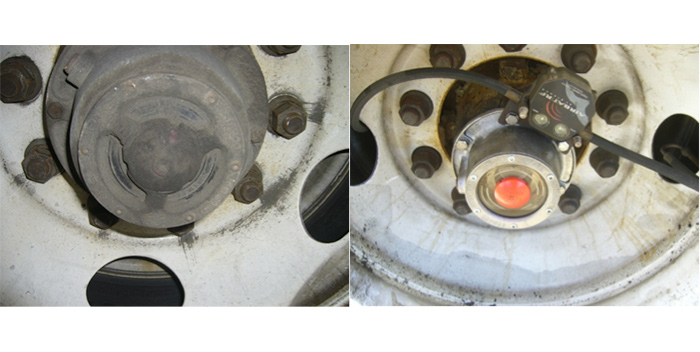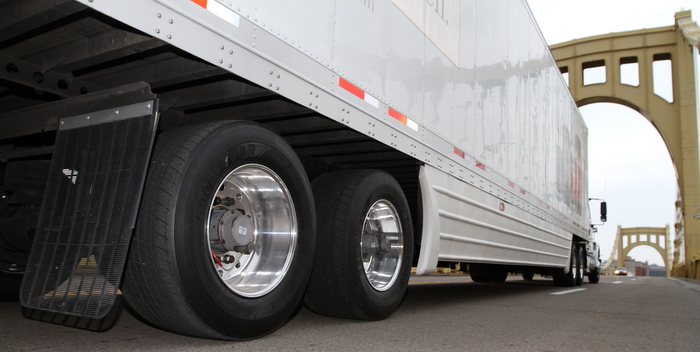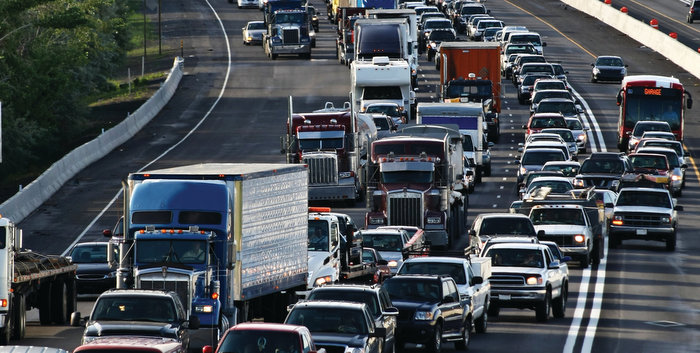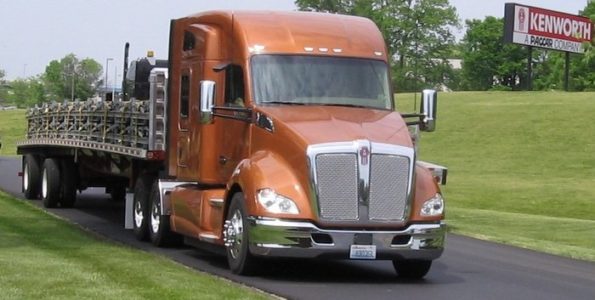It’s that time of year again—the road salt corrosion season! De-icing formulations, namely calcium chloride and magnesium chloride, will soon be playing “fast and loose” with the undercarriage and electrical systems of trucks, tractors and trailers, corroding metal and electrical connections.
Not so long ago, the Technology and Maintenance Council published a three-part corrosion analysis stating that magnesium chloride is significantly more corrosive than traditional road salt—and the study suggested that calcium chloride is even worse. Proponents of both calcium and magnesium chlorides say they are less corrosive than conventional salt. They are more expensive than plain salt, which is one of the most plentiful compounds found on earth, but they have additional properties that make them better at melting ice. When the final accounting is done, they are less expensive, particularly in areas where the strategy for de-icing is the so-called anti-icing procedure, where the chemicals are spread on the bare highway prior to an anticipated winter storm. Not good news for fleets since it means these more corrosive chemicals are being used more frequently.
While fleet managers have no control over the choice of road de-icing chemicals, they can choose the ways they will protect equipment during the months that the chemicals are used.
Phillips Industries has put together a list of ways to protect on-highway equipment and the company has give us permission to pass this information along to readers:
Electrical components
• Specify premium wiring systems.
• Opt for sealed wiring connectors and J-560 socket on trailers.
• Use dielectric grease when opening and resealing plugs and junction boxes.
• Never probe through insulation when checking for electrical continuity.
• Never splice into wiring even with shrink tubing to reseal.
Chassis
• Wash frequently, especially undersides and dirt collection points.
• Specify self-healing undercoats on trailer crossmembers and frames.
• Wax polished aluminum and stainless steel appearance accessories.
• Repair chassis paint stone chips as soon as possible.
• Specify fender liners.
• Minimize spec’s combining dissimilar metals and separate such components with insulation.
• Hose out radiator/AC condenser regularly when de-icing chemicals are in use.
• Replace/repair mudflaps; use full fenders.
• Don’t drill unnecessary holes; paint edges where you do drill.
Brakes
• Specify rustproof painted or epoxy-coated shoes when rebuilding.
• Opt for premium shoes when ordering trailers.
• Inspect regularly for lining cracks, rust and loose rivets.
• Trailers five years old and older should have brake inspection with drums off.
• If cracking is present on half-worn lining, review with supplier.
• Spec’ and retain brake dust shields.
Take precautions now before those salt trucks hit the road.









